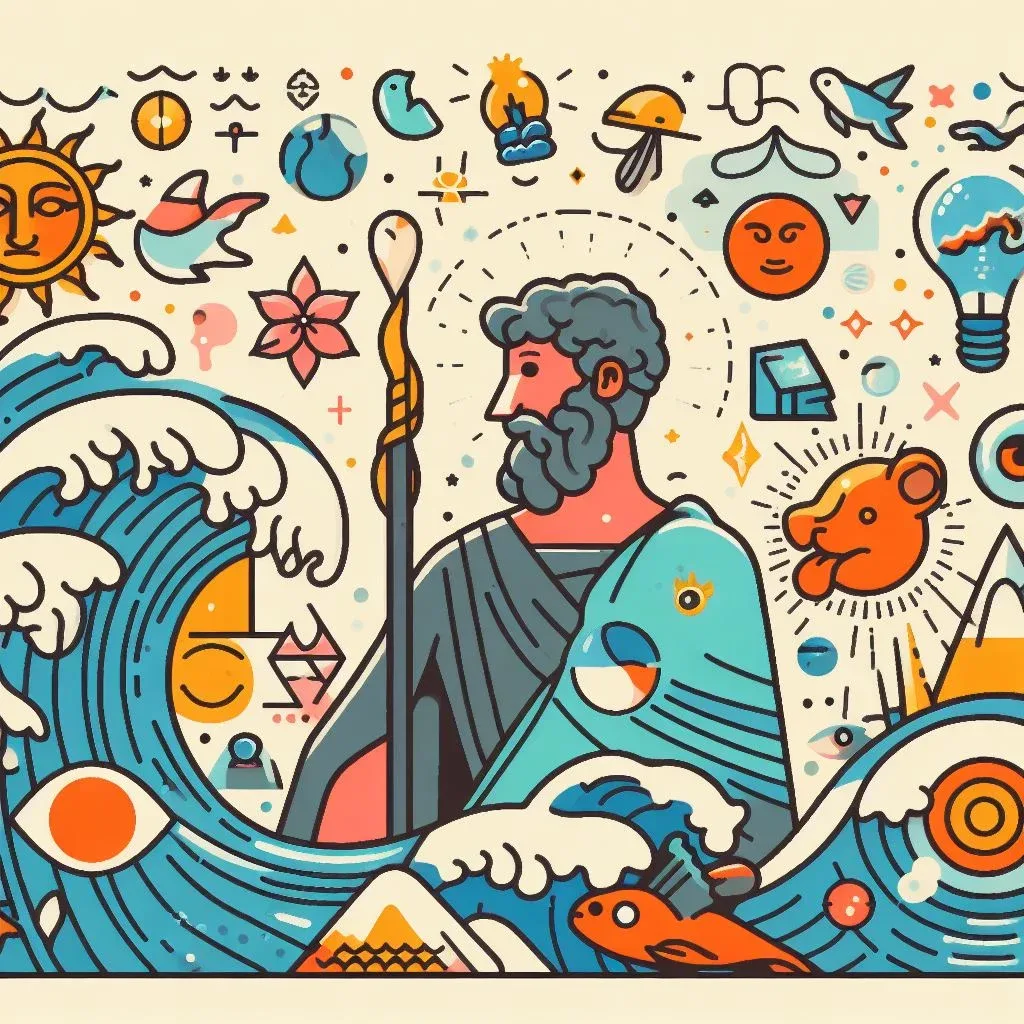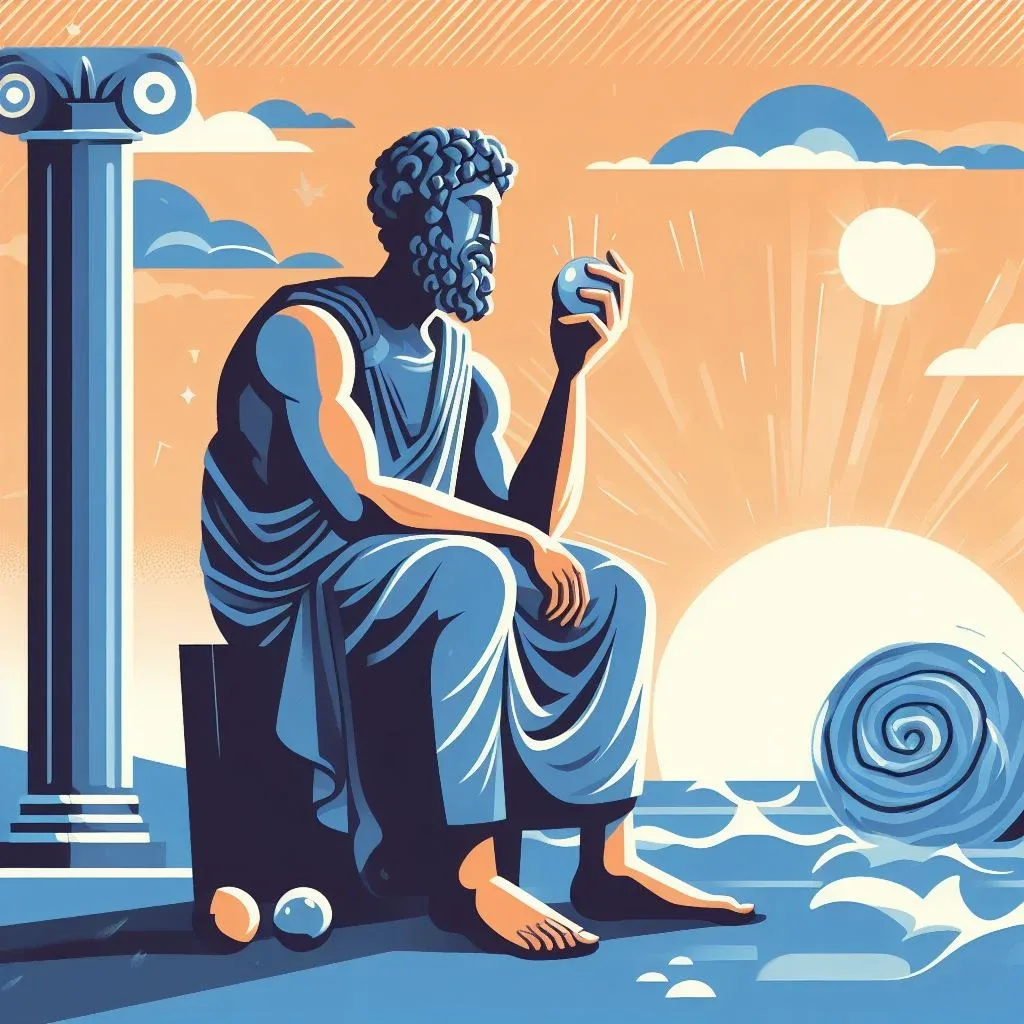Stoicism is an ancient philosophy that has been a source of wisdom and guidance for countless people over the centuries. Its fundamental ideas offer a guide to a virtuous life, centered on ethics, self-improvement and the pursuit of serenity. In this blog post, we will delve deeper into the main ideas of Stoicism, highlighting how they can be applied in everyday life.

The Foundation of Stoicism
Virtue as Supreme Good
Stoicism teaches that virtue is the highest good. In other words, the search for moral and ethical excellence is the central objective of human life. For the Stoics, virtue includes qualities such as courage, justice, wisdom and self-discipline. The constant search for virtue it is the path to a meaningful life.
Internal control
One of the key ideas of Stoicism is the emphasis on internal control over external circumstances. The stoics argue that we cannot control external events, but we can control our reactions to them. Therefore, serenity and inner peace are found by accepting what we cannot change and focusing on what we can control: our thoughts and actions.
Stoic Practices

Constant self-improvement
Stoicism encourages constant self-improvement. This involves regular self-examination, reflecting on our values and behaviors, and committing to growing as individuals. Self-awareness is seen as essential to the pursuit of virtue.
Acceptance of Destiny
Stoics believe in serene acceptance of fate. This means embracing all of life's experiences, whether good or bad, as part of the natural order of the universe. Accepting what we cannot control frees us from anguish and allows us to find peace in all circumstances.
Great Stoic Philosophers

Seneca
Seneca is one of the best-known Stoic philosophers. His “Letters to Lucilius” offer practical advice on ethics, emotional resilience and self-control. He emphasizes the importance of the pursuit of virtue and constant self-examination.
Epictetus
Epictetus, a slave who became a philosopher, is famous for his “Epictetus’ Handbook.” It teaches the importance of distinguishing between what is in our control and what is not. This leads to calm acceptance of what we cannot change and a focus on developing our own virtue.
Marco Aurelio
The Roman emperor Marcus Aurelius was also a dedicated Stoic. His “Meditations” are an example of how he applied the principles of Stoicism in his life, seeking virtue and serenity, even amid the responsibilities of governing an empire.
Application of Stoicism in Everyday Life

Ethical Decision Making
Stoicism provides a solid ethical framework for making decisions. By pursuing virtue and constant self-examination, we can make decisions that align with our values and moral principles.
Emotional Resilience
The Stoic approach to emotional resilience teaches you how to deal with adversity calmly and with self-discipline. Accepting what we cannot control allows us to face challenges with dignity.
Achieving Serenity
The pursuit of serenity is one of the greatest rewards of Stoicism. By accepting destiny and focusing on what we can control, we find lasting inner peace.
Conclusion: The Wisdom of Stoicism
Stoicism offers a valuable path to living an ethical, resilient and serene life. Its fundamental ideas, such as the pursuit of virtue, internal control, and acceptance of destiny, continue to resonate and guide those seeking a meaningful life.
This blog post offered a summary of the fundamental ideas of Stoicism, highlighting their importance in the pursuit of virtue, emotional resilience and serenity in everyday life.





